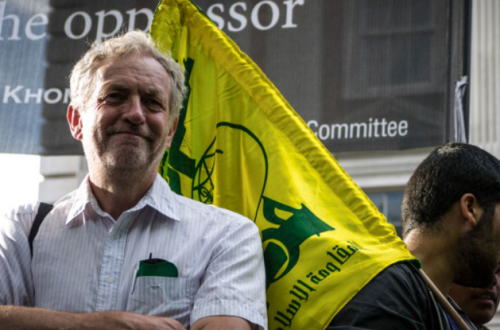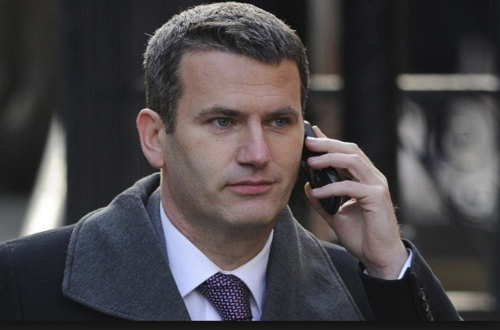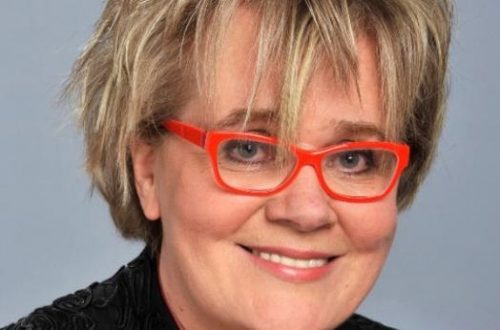Holocaust Memorial Day, perhaps inevitably, is seen by some as an opportunity to score political points in a particularly malicious way. The BBC’s The Big Questions framed today’s televised debate in a way some (understandably) found objectionable :
Is the time coming to lay the Holocaust to rest?
However the programme allowed many to speak against this proposal – including one child of Holocaust survivors whose contribution was particularly eloquent (53:00).
We were reminded of other genocides and of the different groups affected by the Holocaust including gay and disabled victims (though there was no one to speak for the hundreds of thousands of Roma and Sinti murdered by the Nazis).
One particular exchange struck me. Tom Lawson was anxious to contextualise the Holocaust within the wider context of genocide.
“Why does it happen again and again?”
Lawson is an expert on genocide, with a particular interest in the Tasmanians, and his question is a perfectly legitimate one. But exactly the same invitation to contextualise, the same demand to recognize the repeating pattern, could be part of a call to place the Holocaust, not within the context of genocide, but within the more specific context of historical antisemitism. It was indeed an “example of a broader phenomenon” (6:15), and I agree that there is a danger in ‘removing it from history’ because doing so may ‘mak[e] it less challenging'(6:30). The horror of the Holocaust needs to be remembered, not laid to rest – but it’s important that its enormity doesn’t allow people to overlook other examples of antisemitism, both earlier and later.
Nicky Campbell then asked:
Does it stop us from learning the lessons because there is a focus on this crime against humanity of, you know, absolute enormity – and in a way does it mask us from facing contemporary reality which is comparable?
Again, a similar question might be asked of thoe who focus on the Holocaust at the expense, not of other genocides, but of other manifestations of murderous antisemitism.
Lawson’s oddest contribution to the debate was perhaps this:
The Nazi attempt to annihilate all Jews is quite a confined moment in the Nazi project, actually. (8:22)
An argument in which this is a stepping stone doesn’t seem a very constructive one, particularly when it is juxtaposed with the testimony of a Holocaust survivor, who movingly describes the sheer unbelievability of what Auschwitz represented for her, as someone brought up in ‘an assimilated German cultural environment”.
“We didn’t think this was possible” 15:00.


